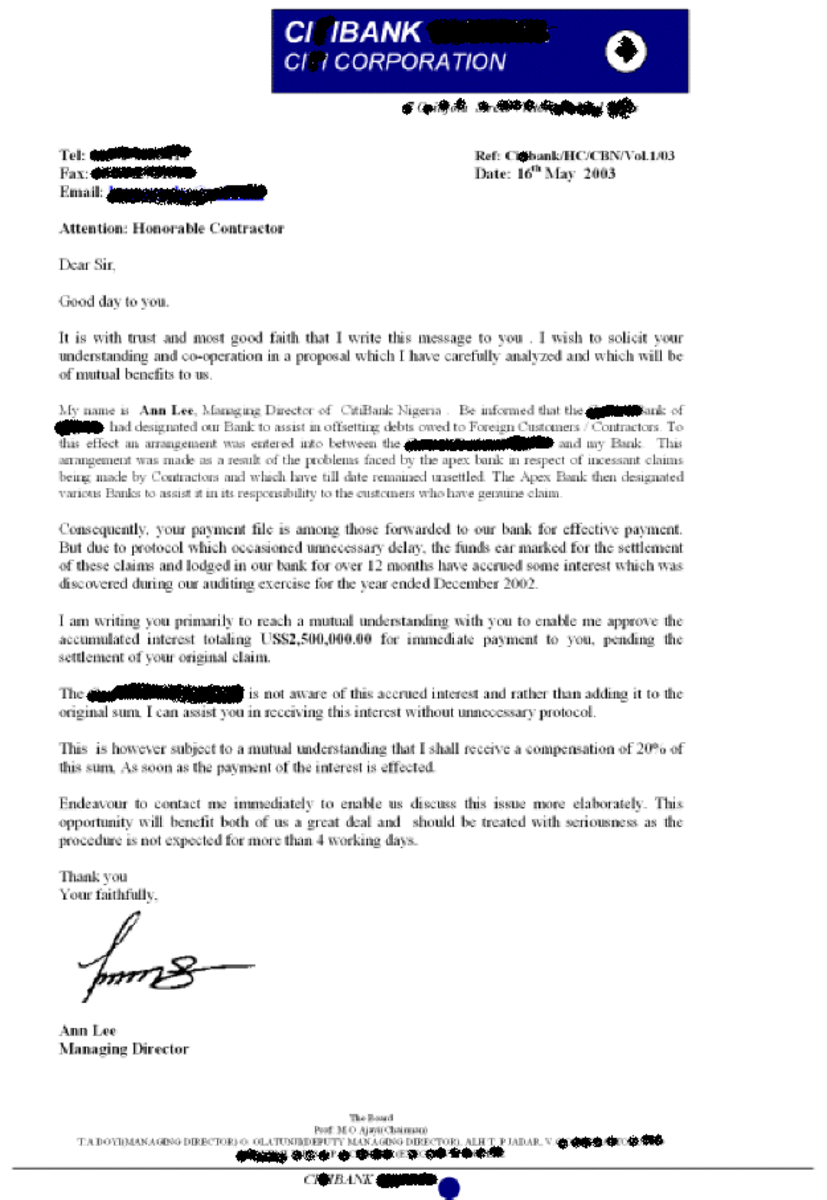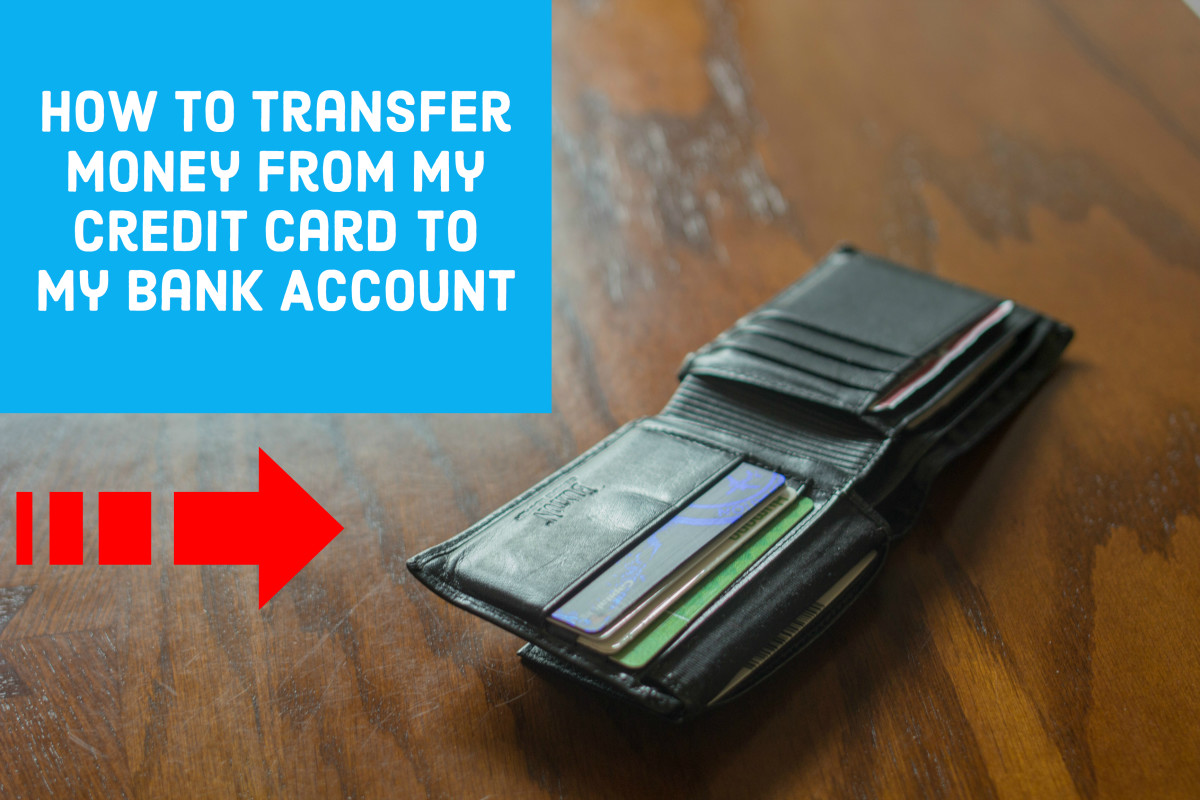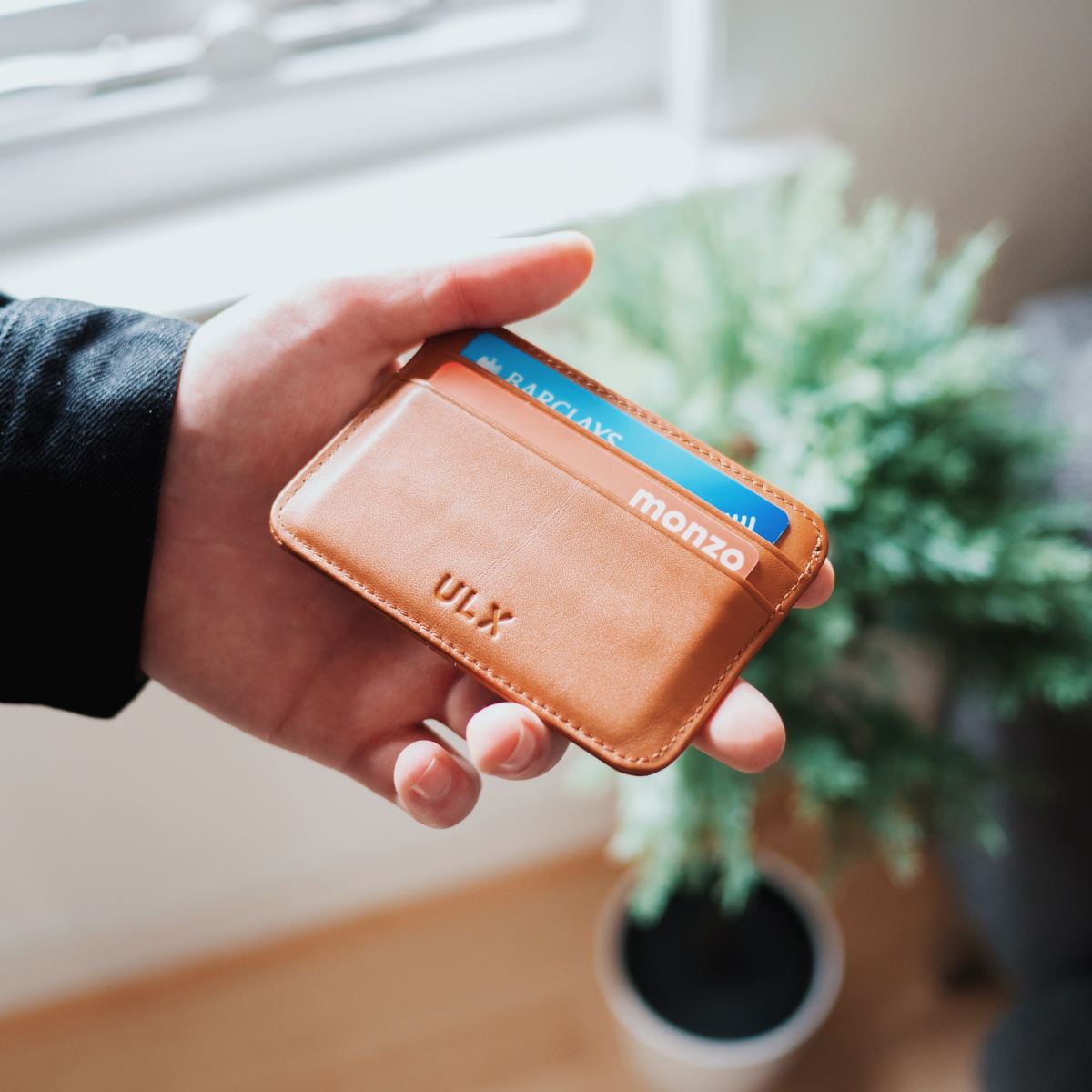How to Spot and Avoid a Transfer Scam
Basics of a Scam Invloving Your Account
Have you ever received an email from someone claiming that you have either won a lottery that you did not enter or that they simply want to share an inheritance with you out of the goodness of their own heart? Although that may seem obviously suspicious, this situation was a common, successful scam that many people (particularly the elderly) have fallen victim to in the past. Recently, though, this scam has changed in complexity. With more than 10 years in banking regarding disputes and claims, I will explain to you how it works, why it is successful, and how to avoid it.
Disclaimer: this article is in no way instructing the reader on how to commit such scams.
How the Scam Works
The basics on this scam is that someone is sending you money that you will then send a portion of these funds to a third party. Example: You are selling an item online, let's say a car for this example, and the buyer sends you more than what you had agreed upon for purchase. It may likely be for several thousand dollars so the deposit amount itself may not be unusual to you as the potential victim. They ask you send back a portion of those funds and you, being a decent and honest human being, happily comply. The original item that they had given you later returns on your account and your bank informs you that the item was either counterfeit or a stolen check. You are now left with the responsibility to repay that amount you withdrew and sent to the "buyer" and your bank cannot assist you with recovery of those funds. This is one of several situations that I will describe later in this article.
Banks are familiar with this scam and will avoid being victim of it themselves by holding funds deposited to an account that seem suspicious. These holds are most often placed on a new account that does not yet have a pattern of any such financial behavior. Scammers know that this will not work on a brand new account that they have opened themselves, although they will often try, so they will rely on you as a longtime, trusted client of that bank.
When a check is deposited into your account you may receive immediate access to those funds if you have a trusted relationship with that bank. Your bank does not receive payment on that check for several business days as it processes to the account from which it was supposedly drawn. That means the money you have access to is your bank's money. If the check is counterfeit, stolen, or there are not sufficient funds in the account that the check is drawn from, your bank will reverse the funds they originally made available to your account. This is a common practice for banks as a bank is required to give partial or full access to the funds within a certain time frame.
If you have used any portion of those funds between the time that the deposit was made and when the deposit is reversed, you are responsible for that activity. Your bank cannot help you recover funds that you have used, even when the scam has been identified and confirmed. This is because you have participated in the activity and the bank has no recovery rights.
Any time you are instructed to send money by money gram, gift cards, or wire transfer, BE CAUTIOUS!
Most Common Scams
As mentioned, selling an item online is a common situation a scammer may try to take advantage of, but there are other, more complex situations.
Tech Support: Clients have often contacted me stating they received a call from a tech support assistant, claiming they were with a reputable software company, warning of a virus on the computer. They may convince their victim to purchase the service/software for several hundred dollars and even gain remote access of their computer (that is where they are granted permission by the user to take full control of the computer from a remote location). They may later charge an additional transaction "in error" and offer a refund. The refund, sometimes a transfer from the victims own savings account, is for much larger than the original debit. The tech support assistant claims this to be a grave error that requires the victim to send them the difference in either a money gram, gift card, or wire transfer. Do not let these people threaten you! Call your bank immediately!
Online Loan: Many clients have applied for online loans and provided extensive, sensitive information such as their online banking log in and password details. A scanner may use that information to contact your bank and file false disputes against legitimate charges. Your bank, believing the caller to be you, may provide provisional credit for the false claims. Once this happens, the false loan company will contact you to advise you to send them a portion to pay for taxes or interests on the loan up front. Yes, this one seems obviously supicious but the alure of an easy loan may blind a potential victim to the dangers.
Rental Properties: This is one of the most common scam situations lately and is difficult to spot. If you are looking to rent a home or an apartment do not send any money until you have a key for the property in your hand. If you are instructed to send a wire transfer, it's likely a scam.
Payroll Assistant: This is a scam that involves an account holder being sent what they may be told are payroll deposits that would need to be transfered to different accounts. Sometimes the instructions are to withdraw the funds in cash and deposit to a different account. Again, once the funds are withdrawn by the account holder the bank can no longer assist.
Selling Accounts on Social Media: I think of these as a double cross because the account holder is selling their own account to someone on social media that has convinced them that the bank will help them get the money back for transactions they report as fraud. Banks are aware of this scam and will not help you recover your funds. Keep in mind that there are many ways you can compromise your own account and be held liable. This is one of them. Do not sell your account info. Scamming the bank is not a good idea.
What Do I Do?
If you have sent the money as a wire or withdrawn funds and sent them to a third party then you will likely not see those funds returned. Recovery of a wire transfer requires the permission of the recipient and it's not likely that a scammer is going to simply give you the money back. It is still advised that you file a claim with your bank where possible and file a report with law enforcement. Money gram purchases and gift card purchases are also unrecoverable by the bank. The best thing to do is avoid the scam.
Summary
If someone wants you to send them money as a wire, money gram, or gift card then be cautious. Review your account regularly to identify possible issues with posted transactions. Notify the bank of any unusual items and actually follow up on any claim documents you may receive. When in doubt, call your bank! The bank doesn't benefit from your loss and will be happy to help avoid fraud and scams.








